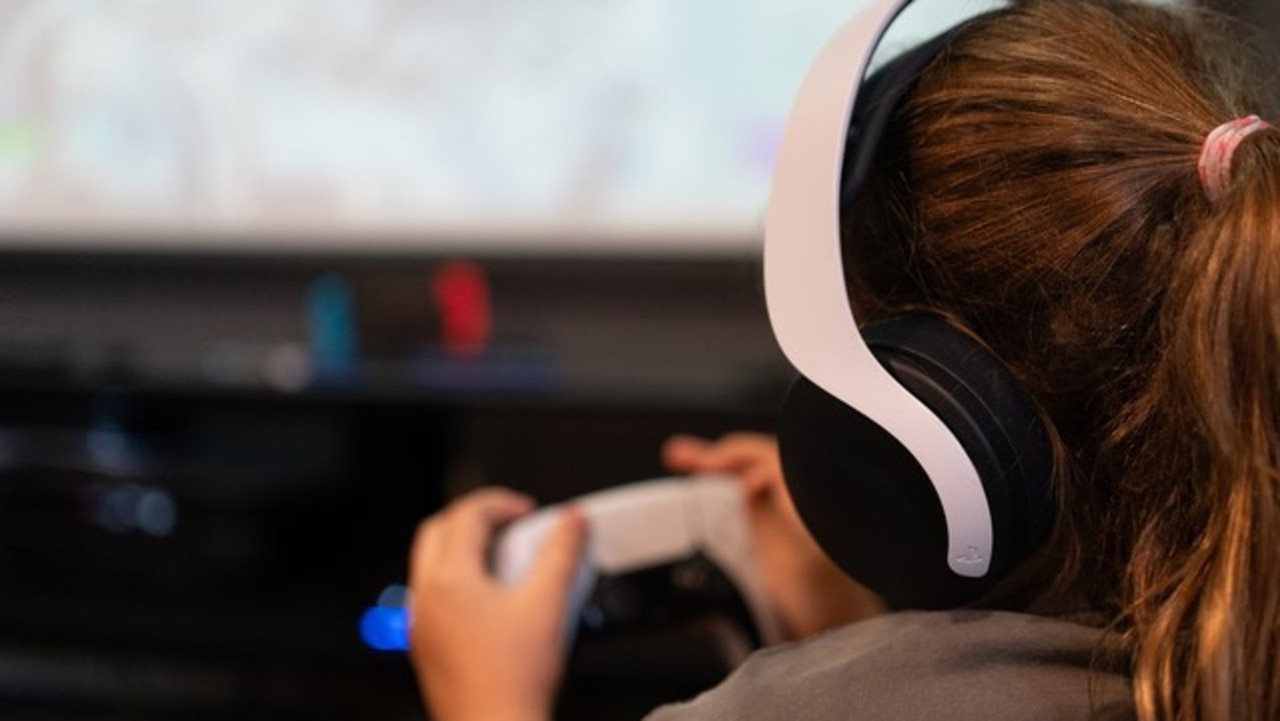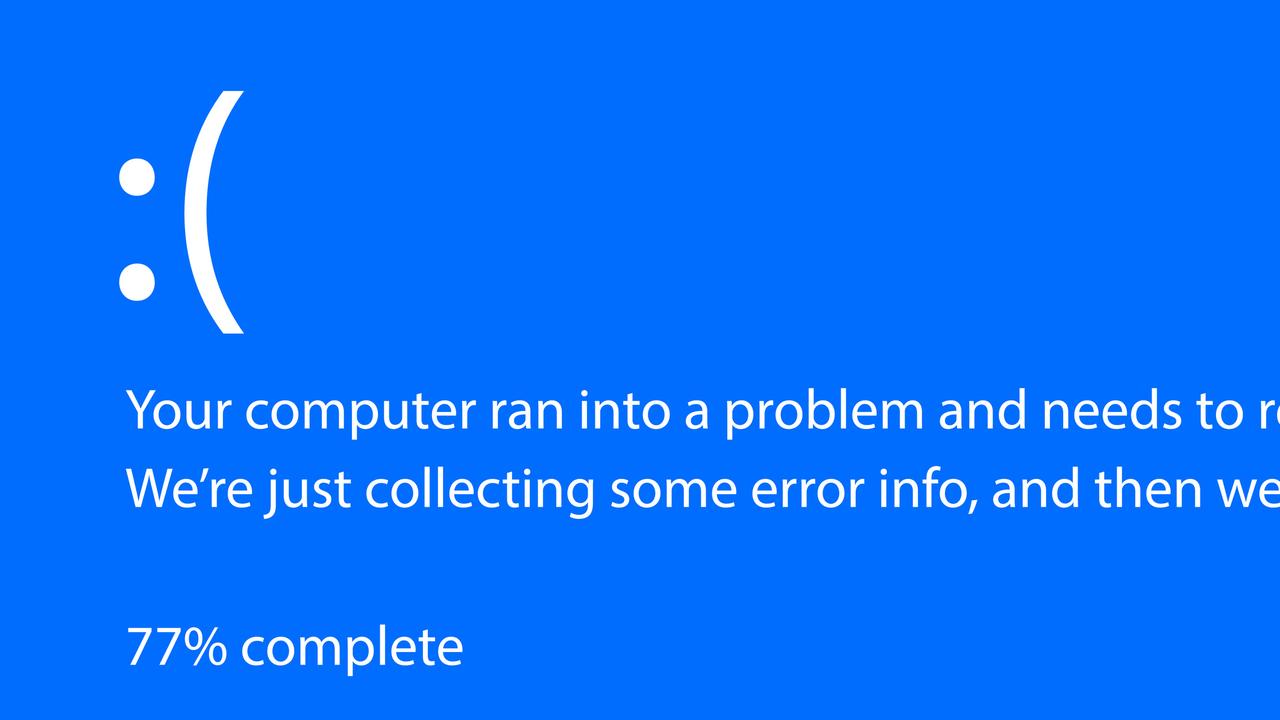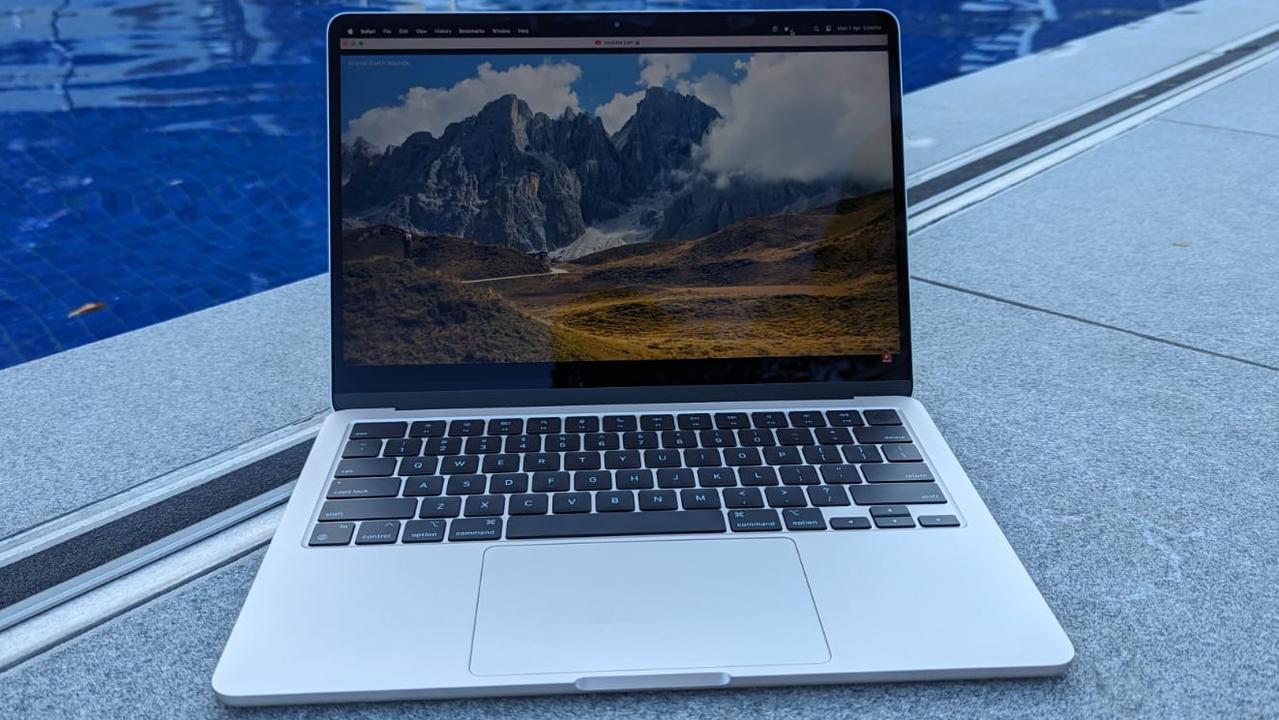Microsoft finds its Australian voice, but virtual assistant Cortana may not always understand you
MICROSOFT wants you to talk to your computer but it admits its freshly minted Aussie voice assistant might not always understand what you’re saying.
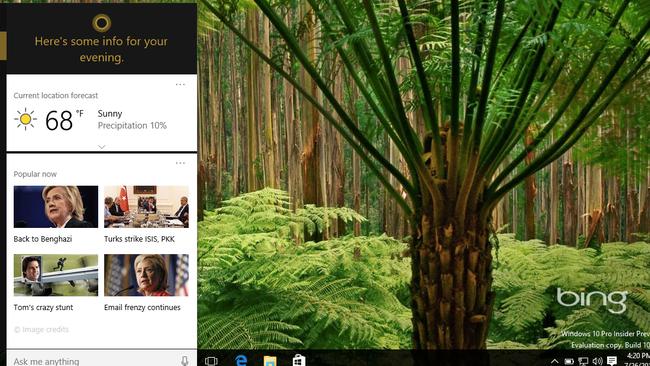
MICROSOFT’S app engineering director wants Australians to “speak naturally” to their PCs, though admits the computers may not understand what they’re saying as often as one in five times.
After five months on the market, Microsoft has launched its Windows 10 voice assistant, Cortana, for Australians to use, promising to understand our accents and deliver local place names, information and sayings.
CORTANA VS SIRI: Is Microsoft’s personal assistant better or just funnier?
ARTIFICIAL INTELLIGENCE: Microsoft CEO says ‘Hey Cortana’ all the time
The Australian upgrade will mean she not only sounds a little like Neighbours alum Margot Robbie, but she’ll remind you to slip-slop-slap, she’ll dream about Vegemite on toast, and she’ll sing songs about kookaburras in gum trees.

Microsoft applications and services group engineering director Mike Calcagno said the Australian accent was not “particularly tricky” to accommodate but the company had worked on a localised version of the competitor to Apple’s Siri since April last year.
“It’s been a little slower but we think the result in Australia will be even more appreciated for being more local and relevant,” he said.
“What it boils down to is you really need thousands of different speakers representing as many subregions of Australia as you can see, from eastern to western Australia.”
That doesn’t mean Cortana will always understand you and your ocker accent, however.
Cortana, accessed in the Windows 10 taskbar or by saying “Hey Cortana” aloud, can deliver weather reports, find files, search the worldwide web for you, or set reminders you can access across your devices.
Mr Calcagno said the feature, named after a character in the Halo game series, was designed to “master your schedule” and perform the tasks of a real-life personal assistant.
But Mr Calcagno admitted it’s still early days for the Antipodean Cortana, and she is “slightly less mature” than the US version.
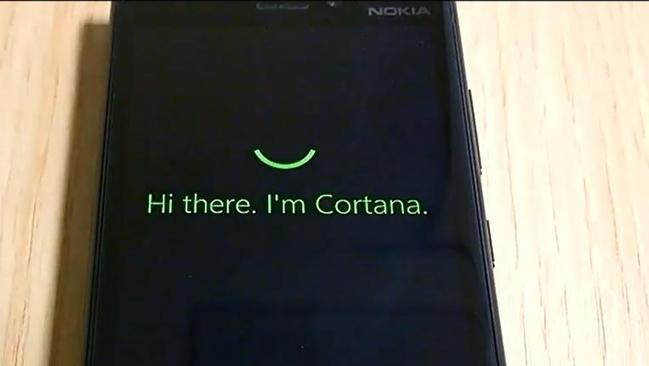
“The error rate in Australia at this stage is between 10 and 20 per cent. For most of the tasks, we find that is good enough to get their tasks completed,” he said.
“We’re pretty strict on that error rate. If you say ‘the’ and it says ‘a’ we consider that an error.”
The Australian version of Microsoft’s voice assistant also lacks new features added to the American version, including recognising scribbled names and numbers, tracking events and movie bookings, and adding Uber bookings to event reminders.
Mr Calcagno said “eventually everyone will get the same sort of features,” but they would be tested first in America as “the English-speaking country with the most data”.
In the meantime, Mr Calcagno said Cortana would get more accurate with use and Australians should “speak normally” and conversationally to Cortana in their PCs.
“The mistake most people make is when they get an error is they’ll speak more slowly, and this makes AI systems worse.”


